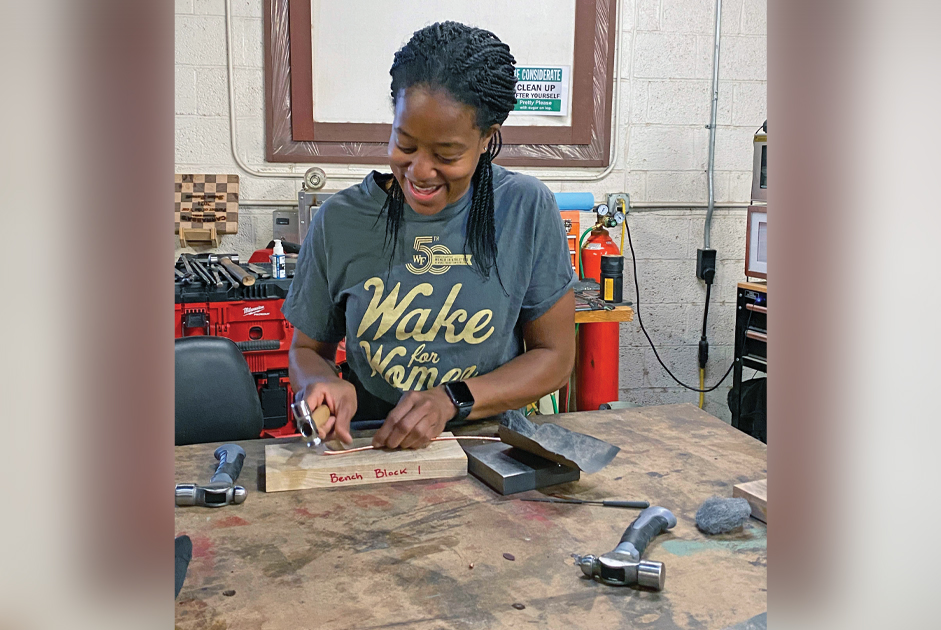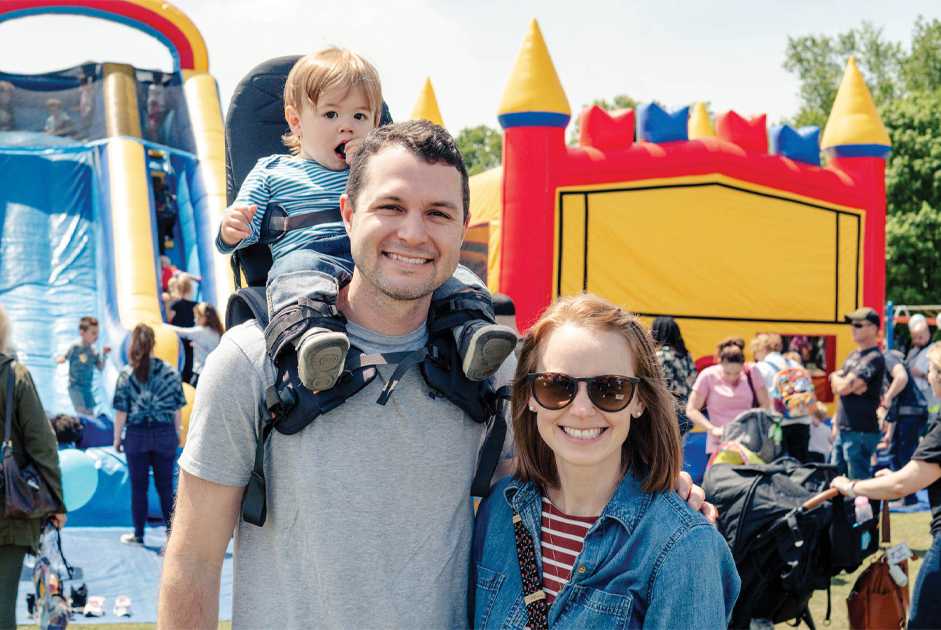Hair in pigtails, big brown eyes looking sad, a child of five sits in her booster seat asking why Jillian, a classmate, doesn’t like her. Moms are fantastic at listening, allowing a child to verbalize her worries. Sometimes, their words come slowly between moments of silence; other times, the words come rushing out. The dialogue, whether the child is five or fifteen, remains constant. Relationships take an ability to listen, reflect, communicate, and understand that not all friends play by the same rules.
Rule #1: Never Regret Friendships
“Why do we always have to play your game?”
A young child will inevitably meet a friend and, in time, question the relationship. Reflection arrives, and a desire to create a list of expectations in being and having this friend. Of course, each value will be challenged. Faith comes into play when values are tested. Confrontations sometimes teach and strengthen relationships. There is always something to learn; it is a gift of clarity! Never regret meeting a person, even if the friendship was short-lived and ended poorly. With hope, two people can learn a vital lesson.
Rule #2: Choose to be Loyal
“Did you really say that about me?”
Don’t expect loyalty if you cannot provide honesty. A reputation for integrity and dependability is a quality that most will expect and deliver in return. It comes with the blessing of better health and a feeling of happiness. By avoiding gossip, negative commentary, or complaining about a friend publicly, you can ensure the benefits—a large number of loyal friends.
Rule #3: Actively Listen
“Did you hear anything I just said? I’m going to stop telling you things.”
The social skills learned as a teenager through the early 20s influence the quality of one’s life. Every aspect—relationships, one’s support network, career, and extra-curricular activities—relies on the skill of actively listening. Most people focus more on speaking than listening. When he or she processes dialogue, the good listener learns essential information and how to respond. Looking directly at the speaker without distractions is one effective strategy!
Rule #4: Privacy and Sharing
“Promise me! You won’t tell anyone!”
A confidential sharing of information is an honored form of trust. Sometimes, it comes with a condition. A clear reminder about what is appropriate to share and affirmed in the privacy of your friendship. In the verbal response, “I promise,” you verify the secret. Never make a promise if it comes at the cost of a friend’s safety or health.
Rule #5: Offer Advice Gently!
“Why did you say that?”
Thinking before speaking leads to challenging consequences and sometimes shatters friendship. Even in the heat of a moment, take a deep breath, or return after a day to use gentle words. Confronting an argument can remove barriers and fears, while allowing room to strengthen connections. It’s even okay to start with, “I’m going to say this as gently as I can….”
Rule #6 Fight for Friendship
“I realize I haven’t been there for you. Please forgive me!”
Never think it is too late to apologize for a past action or word. Holding tightly to the past leads to a deep sense of regret! Admitting words of forgiveness is the first step to find peace within ourselves.
Rule #7: Play Together
“Meet you on the monkey bars after lunch today?” or, “Let’s plan on a one-day road trip!”
Remember the days of childhood! The excitement was seeing the playground equipment and the opportunity to meet new friends. The experience offered spontaneity, laughter, and unstructured play. In a world of schedules, take time to plan similar occasions for recreation and fun!
Rule #8: Offer Help
“I need help!”
How many people can you count on to be there if needed? The banner of “loyal,” “actively listening,” and “kindness” includes “support.” Friendship is not about convenience. It requires an effort to be there when a buddy needs help.
Rule #9: Promote Close and Distant Friendships
“We’ll always be friends!”
Good friends never “leave!” They may move to a different county or relocate across the country, but the relationship can continue with open communication. Even when friends move to another school, a good friend requires more than just a few minutes to spare. Act intentionally to use every source of communication to maintain correspondence, such as face-time, texting, e-mail, handwritten letters, and scheduling visits! Every effort promotes your relationship!
A Tip for Parents
Wait as long as possible to buy your child a cell phone. Sharing yours offers a means to monitor text messages while guiding and interpreting dialogue!























